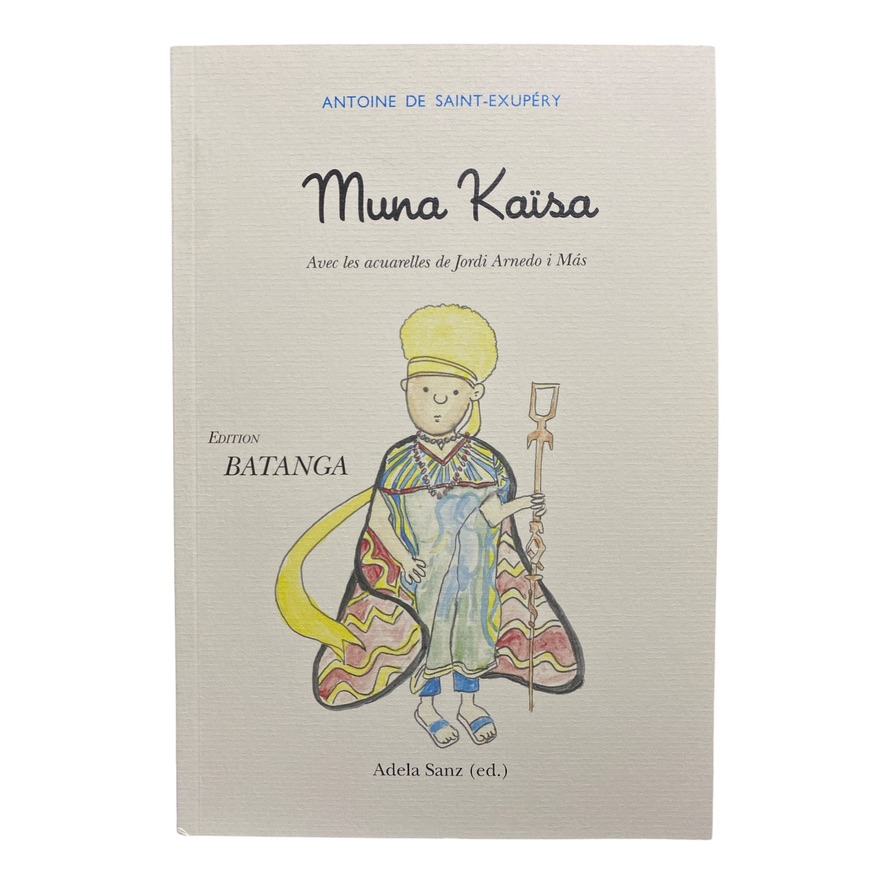
Muna Kaïsa — in Batanga language.
Batanga is one of the Bantu languages spoken by the Batanga people, primarily found in the coastal regions of Cameroon, particularly in the South Region around the town of Kribi. It is part of the larger Bantu language family, which is itself a branch of the Niger-Congo language family, one of the largest language families in Africa.
Bantu languages are known for their complex noun class systems, where nouns are grouped into classes that affect verbs, adjectives, and pronouns. Like many Bantu languages, Batanga has a tonal system, meaning that the pitch at which a word is spoken can change its meaning. This is a common feature in Bantu languages, but the specific tonal patterns can vary widely between languages.
Like other Bantu languages, Batanga uses a system of noun classes. These classes are indicated by prefixes attached to nouns and affect agreement with adjectives, verbs, and other parts of speech. The noun class system is a hallmark of Bantu languages and contributes to their linguistic richness and complexity.
The Batanga people are part of the coastal ethnic groups in Cameroon, historically known for their fishing communities and their role in coastal trade. The region where Batanga is spoken has been influenced by interactions with European colonialists, traders, and missionaries, particularly during the German and French occupation periods.


